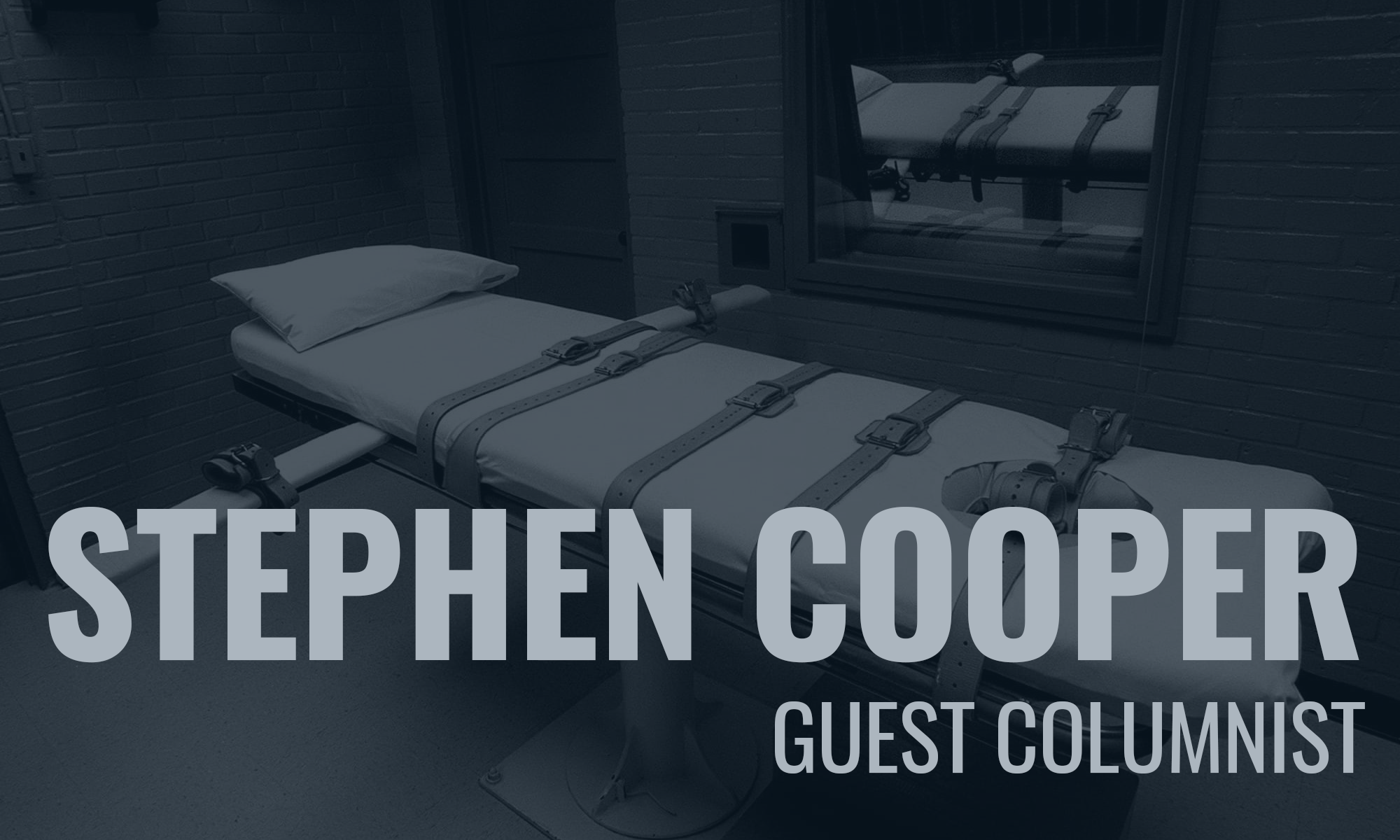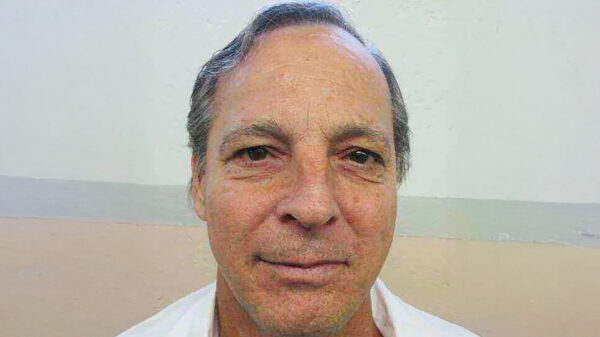Giving a speech at Georgetown University, late Justice William J. Brennan, Jr., said: “[T]he Constitution is a sublime oration on the dignity of man.” However, after the Supreme Court’s February 7 refusal to stay devout Muslim Domineque Ray’s execution – despite Ray’s unrebutted claim only Christian prisoners in Alabama are afforded a spiritual advisor during their final moments – this high-minded aspiration for one of our country’s founding documents appears to be, as it has before (see, for example, Dred Scott, Plessy v. Ferguson, Korematsu), empty words. As Justice Kagan observed in dissent, it was “profoundly wrong.”
The morning after Ray’s unholy execution, Pulitzer Prize-winning columnist John Archibald wrote: “There was a lot of legal maneuvering in the days and hours leading up to a U.S. Supreme Court decision that allowed his 6 p.m. execution. The prison ultimately gave him back his Quran and the state said it would not force him to have the Christian chaplain present, though it would not let any outsider into the execution chamber for security reasons, even in the name of religious freedom. That protocol, prison officials said, has not changed.”
Callously and without any indication he was copycatting the state’s own abominable proposal – one made during last-minute litigation to ensure Ray’s execution – Archibald asserted: “The answer seems pretty simple. If Alabama can’t allow an inmate to choose his own religious guide as he exits this earth, maybe they shouldn’t let any religious leaders into the execution chamber at all. Easy. But Ray is dead. I do not ask you to grieve for him, the grief is more appropriate for his victims Earnest and Reinhard Mabins and Tiffany Harville.”
Now unquestionably, Archibald – and all of us – should grieve for crime victims, but, as I urged before Ray’s execution in “Alabama executions: strictly a Christian affair”: Following Justice Brennan’s noble example, we must also object to religious bigotry and a process disregarding “that even the vilest criminal remains a human being possessed of common human dignity.”
No matter how much we demonize condemned men and women in this country – some of whom have later turned out to be innocent – and, no matter how heinous their crimes are, they remain flesh-and-blood sentient beings; describing this downtrodden population in “America Is in the Middle of a Death Penalty Crisis,” writer Hannah Riley explained that predominately they’re poor, disproportionately they aren’t white, and a great many suffer from serious mental illness, a frequent byproduct of a childhood where poverty, abuse, violence, and neglect were the norm.
And even if, like Archibald and our legal system, you don’t grieve for the needless loss of Ray’s dignity on the gurney, and the resultant loss of the dignity of us all, where, pray tell, is the empathy for Ray’s son, his brother, his father, or any of the rest of Ray’s relations? For as I’ve written elsewhere: The death penalty victimizes the innocent children and family members of condemned men and women. These are citizens of this country who have committed no crime, and yet, because of capital punishment’s ignominious existence, they are punished too.
Giving voice to their unnecessary suffering in “No Due Process: How the Death Penalty Violates the Constitutional Rights of Family Members of Death Row Prisoners,” attorney Rachel King wrote: “After watching the state kill her husband, Shakeerah [Hameen] physically and emotionally fell apart. She wavered on the brink of insanity, barely able to function. Although Shakeerah was a devout Muslim, she was too depressed to pray. Five years after her husband’s execution, the highly-talented and once vital woman still struggles to maintain herself and her family.” Shakeerah’s son “Little Hameen testified at his father’s parole hearing, sobbing and begging the board to spare his life. He told the board members how much he relied on his father for advice and support and said that he couldn’t live without him. The first year after Hameen’s execution, his son stopped working and attempted suicide, again. Within two years of the execution, he was in prison on capital charges.”
It is this savage-type suffering that Ray’s family is now subject to, exacerbated by the knowledge that the last thing Ray wanted, that our legal system heartlessly and inhumanely denied him, was his request to have his imam present at the time of his death – the last shred of grace a so-called civilized race can grant a Muslim man before it uncivilly exterminates him.
On Valentine’s Day, in “Things worth loving,” Archibald wrote, “I love people who are empathetic. Because they feel the pain of others they don’t need a reminder to walk around in others’ shoes. I love those who stand on their principles, even if I don’t always fully comprehend or appreciate the stand. I love those who walk toward . . . the wrongs, or the overwhelming power, or the injustice, or the hard conversations.”
On this Archibald and I agree, because I love Mr. Ray’s public defenders; they fought tooth and nail and used the power of the pen, informed by their legal training and burnished by a passion in their hearts, to push for ideals Mr. Ray wanted – ideals each and every one of us should want – our Constitution to be imbued with, to stand for, and to defend. For everyone.
About the Author: Stephen Cooper is a former D.C. public defender who worked as an assistant federal public defender in Alabama between 2012 and 2015. He has contributed to numerous magazines and newspapers in the United States and overseas. He writes full-time and lives in Woodland Hills, California. Follow him on Twitter at @SteveCooperEsq


















































